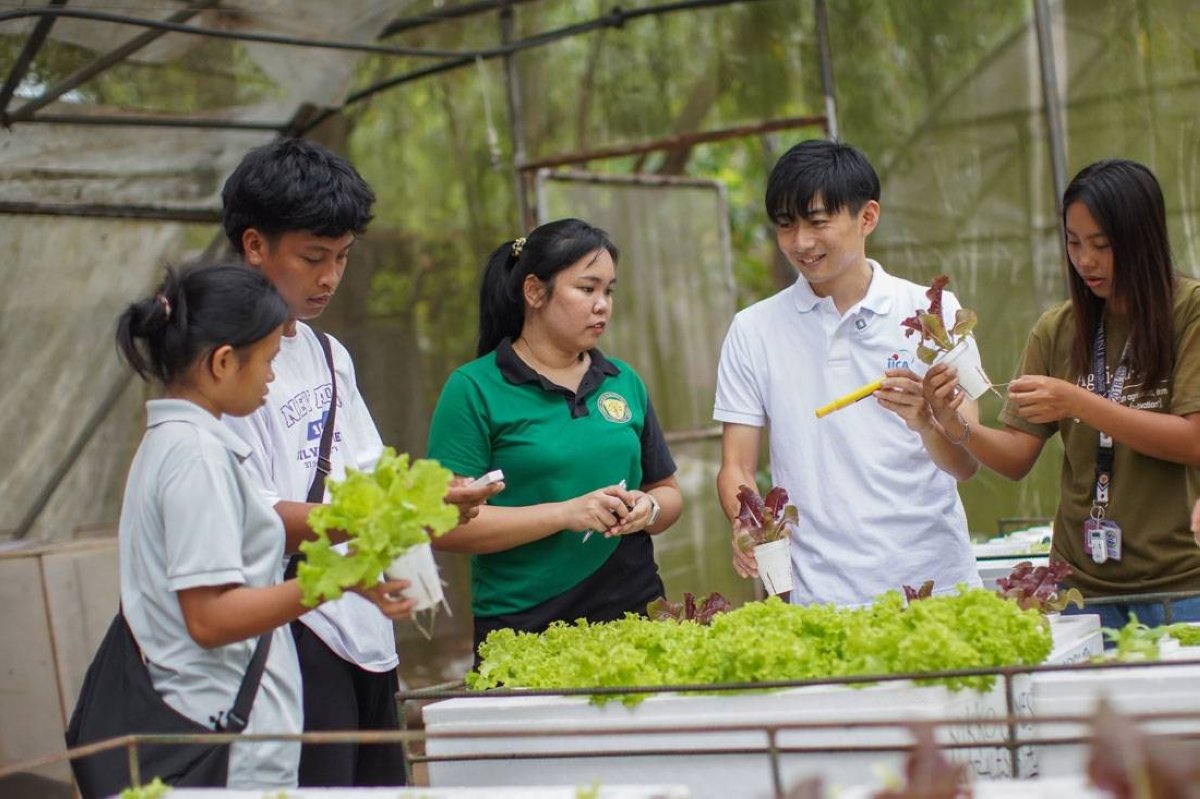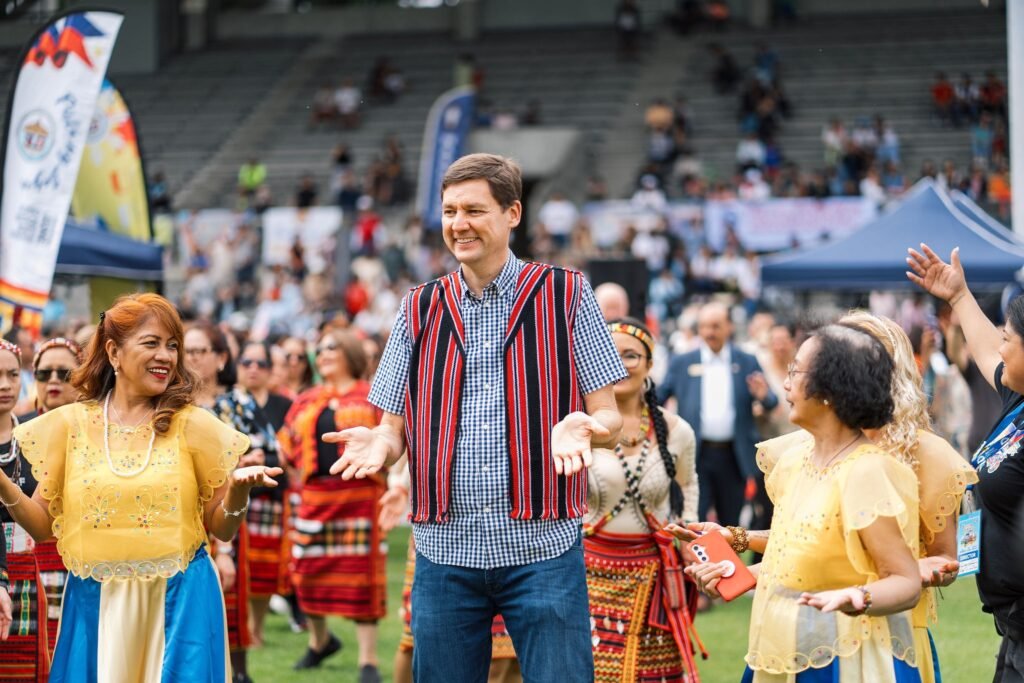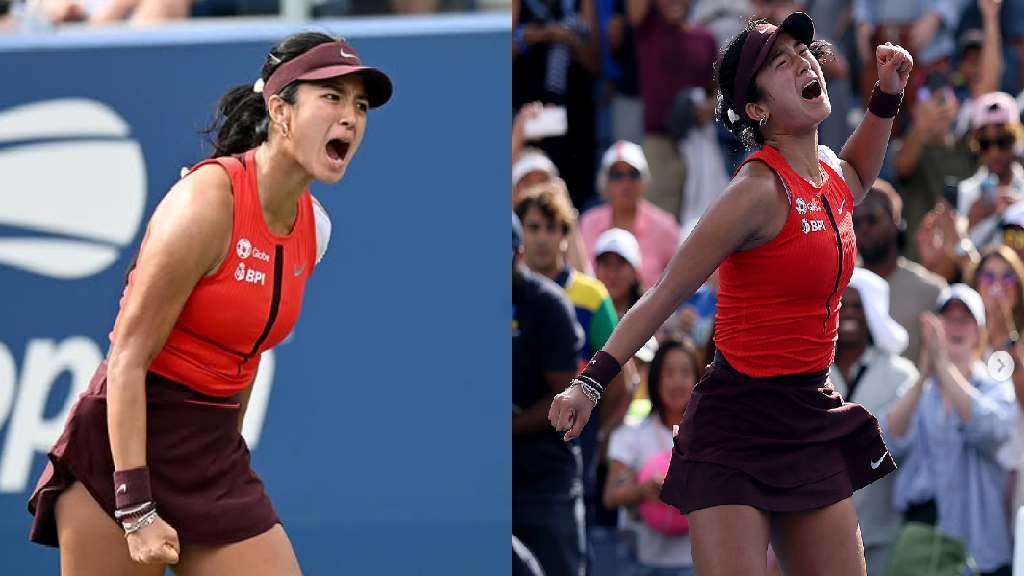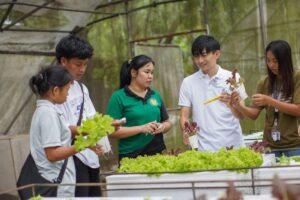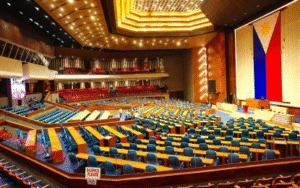The Ministry of Tourism, Arts, Culture and Sport has released the results of a survey of the Filipino community regarding the B.C. NDP government’s vision for a provincial Filipino Cultural Centre. And it reveals “a broad spectrum of perspectives” from more than 1,200 completed responses, according to the newly released What We Heard report.
“We’re grateful to the many people who completed the survey and the communities who contributed to the roundtable discussions,” Tourism, Arts, Culture and Sport Minister Anne Kang said in a news release. “We’re heartened to know that our work going forward will be community informed and community-led.”
The report cites three key themes that emerged from the most popular responses to key survey questions.
The first was “Bayanihan or community spirit”. This reflects the desire for an inclusive, accessible space that supports community connections.
“Survey responses emphasized that the site should be easily accessible by both public transit and private vehicle to serve the largest possible number of people of Filipino heritage across B.C.,” the report states, “and that the site should have the potential to expand to meet the needs of a growing population and have access to green space.”
The second theme was “Recognition and representation”. According to the report, the community wants a centre “that represents the contributions of Filipinos in British Columbia and physically represents Filipino arts, culture and heritage”.
This theme was reflected most powerfully in responses to the survey’s first question: What is important to you in a provincial Filipino cultural centre? A whopping 96 percent stated that they wanted a space “that allows sharing of the Filipino culture, art, history and community stories”.

Provincial Filipino Cultural Centre enjoys broad support
The next highest response, at 95 percent, called for space “that provides learning and educational opportunities”. That speaks to the third theme: “Learning and sharing”. Many respondents felt that the centre should feature programming that enables all British Columbians to learn about Filipino culture and heritage.
The survey was conducted in collaboration with Mabuhay House Society. It partnered with more than 30 community organizations.
“This report represents more than data; it reflects our dreams, our pride and our shared identity as Filipino Canadians,” said Lester de Guzman, chair of Mabuhay House Society. “We commend the province for its commitment to listening to our voices and making space for our stories. Through the incredible work and support of our volunteers, community members and organization, this report is a testament to a strong Filipino value of Bayanihan spirit, a spirit of communal unity and co-operation.”
Mable Elmore is the first and only MLA of Filipino ancestry in the B.C. legislature.
“The What We Heard report clearly shows the Filipino community’s dedication to the spirit of ‘kapwa,’ to embrace our shared identity, as participants expressed their need for a cultural centre that fosters connection and feels like home,” Elmore said. “I’m so proud of the Filipino community for how many people contributed to this engagement, and I’m looking forward to watching this project advance with the voices of the Filipino community leading the way.”

Minister acknowledges impact of Lapu Lapu Day tragedy
In the minister’s statement at the beginning of the report, Kang emphasized that it is “important to acknowledge the profound grief and lasting impact the Lapu Lapu Day tragedy has had on the Filipino community and honour the memories of those lost”. She reaffirmed the government’s commitment “to ensuring that the proposed cultural space is a space for the recognition and representation of Filipino culture for future generations”.
According to Statistics Canada, there were more than 170,000 people of Filipino ancestry in B.C. in 2021. That accounted for 3.5 percent of the provincial population.

Follow Pancouver on X @PancouverMedia and Bluesky @pancouver.bsky.social. Pancouver is also on Instagram @PancouverMedia. In addition, follow Charlie Smith on Bluesky @charliesmithvcr.bsky.social.
